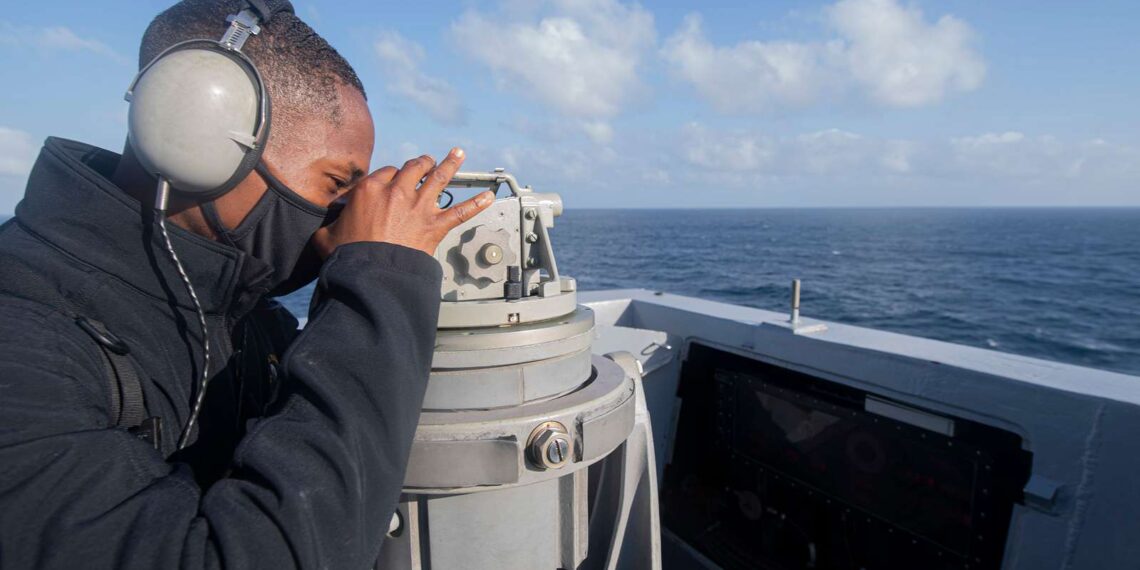A Chinese fishing boat has reportedly sunk in the Indian Ocean, with all 39 Chinese and international crew members missing, according to state media reports. The incident occurred during the early hours of Tuesday morning, as confirmed by broadcaster CCTV. The crew consisted of 17 individuals from China, 17 from Indonesia, and five from the Philippines.
President Xi Jinping has ordered a coordinated search and rescue operation, but as of now, no missing persons have been located. China has deployed two commercial vessels to assist in the regional search effort. Premier Li Qiang emphasized the need to enhance safety management for fishing vessels and implement preventive measures to ensure maritime transportation safety.
The exact location of the sinking has not been disclosed in Chinese reports, only indicating that it occurred in the central region of the vast Indian Ocean, stretching from South Asia and the Arabian Peninsula to East Africa and western Australia. The Philippine Coast Guard is closely monitoring the situation and coordinating with the Chinese Embassy in Manila, as well as with search and rescue teams near the vessel’s last-known position.
The sunken vessel, Lupenglaiyuanyu No 8, was operated by Penglai Jinglu Fishery Co, a major state-run fishing company in China. It was authorized to fish for neon flying squid and Pacific saury, according to data from the North Pacific Fishing Commission. Departing from Cape Town, South Africa on May 5, the boat was en route to Busan, South Korea, as tracked by the MarineTraffic website. The vessel was last located southeast of Reunion, a small French island in the Indian Ocean, on May 10.
China is known to have the world’s largest deep-sea fishing fleet, with many of its ships staying at sea for extended periods, supported by Chinese state maritime security agencies and a vast network of support vessels. The Philippines, on the other hand, supplies approximately a quarter of the global seafarer population.
The cause of the sinking remains unknown, although adverse weather conditions and rough seas often contribute to such incidents. Concerns have been raised about Chinese squid fishing vessels engaging in illegal and unregulated activities, including catching overfished tuna, as highlighted in a 2021 report by the Norway-based watchdog group Trygg Mat Tracking. The report revealed a significant increase in the number of squid vessels in the unregulated high seas of the Indian Ocean since 2016.
In a separate incident in 2022, the United States Coast Guard encountered Chinese vessels near Ecuador’s Galapagos Islands during an inspection mission aimed at addressing potential illegal, unreported, and unregulated fishing activities. Chinese fishing fleets have been known to disable their tracking systems to evade monitoring of their operations, raising concerns about international cooperation in protecting marine species on the high seas.


